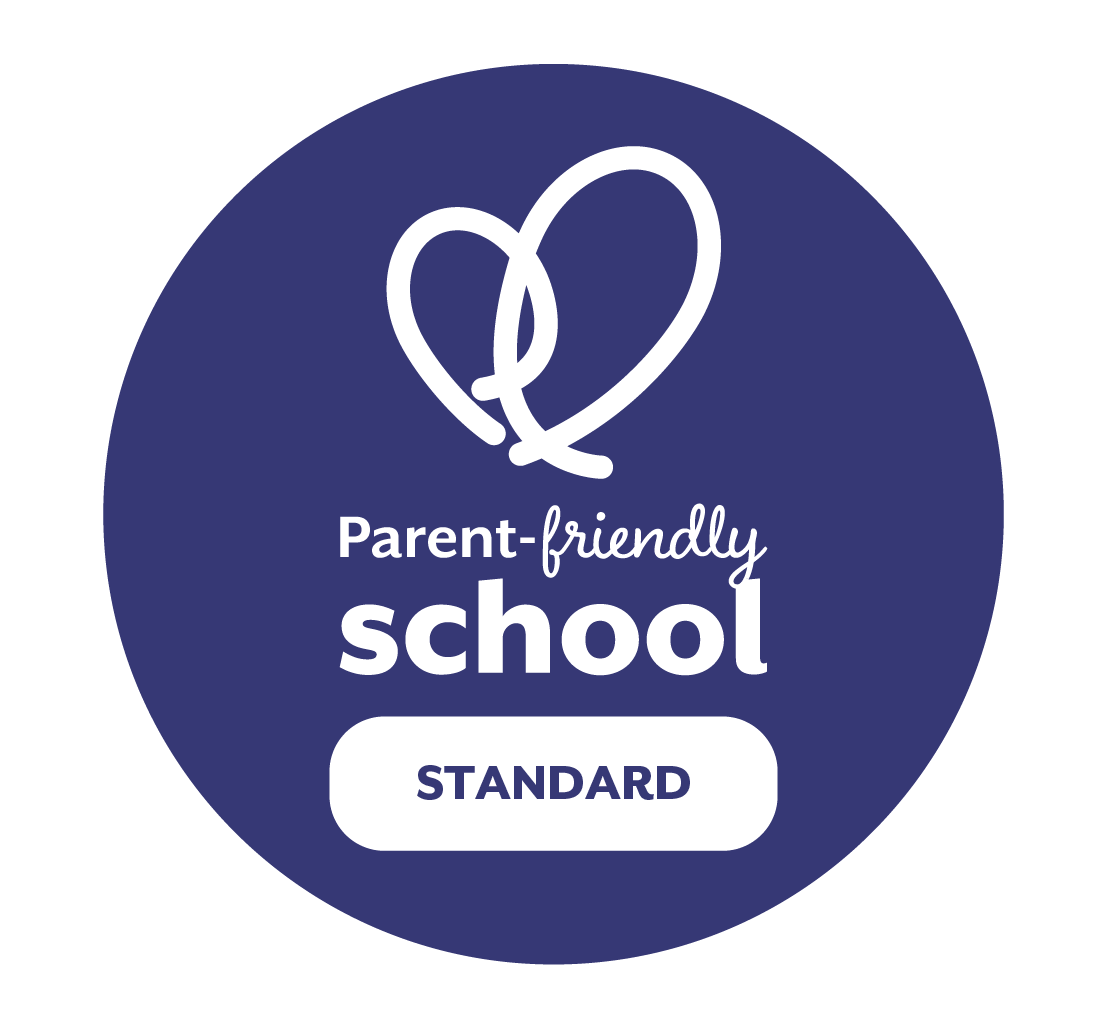PE
Member of staff
Miss T. Morris: Curriculum Lead PE
Mrs V. Haynes-Platt: Teacher of PE
Mr M. O'Brien: Teacher of PE/Head of Year
Mr S. Evans: Teacher of PE/Head of Year
Mr K. Hawketts: Teacher of PE
Intent
At SWHS, the Physical Education (PE) curriculum is designed to inspire all students to achieve their full potential and to foster lifelong engagement with physical activity. Our program supports students in becoming physically confident individuals, promoting overall health and well-being.
Physical Education is a platform for personal growth, enabling students to self and peer evaluate, develop leadership skills, and experience the value of effective teamwork.
Our curriculum is underpinned by the school’s core values of Ambition, Determination, and Respect:
Ambition – Provides students with the opportunity to master fundamental skills that underpin sports performance across a wide range of sporting contexts, empowering them to strive for excellence in both competitive and recreational environments.
Determination – Students are supported to engage with a broad and varied curriculum, with a strong emphasis on effort, building resilience, and fostering a desire to improve through persistence and hard work.
Respect – Students develop an appreciation for peer analysis, valuing others’ views and perspectives, and showing understanding and respect for the demands of different sports, their rules, and different roles.
The curriculum is designed to create a strong foundation of knowledge and practical skill in a wide range of sports, preparing students for success at Key Stage 4. There is a clear progression pathway into our OCR GCSE PE and OCR Sports Studies courses. The curriculum is fully inclusive, ensuring that all learners have the opportunity to succeed.
Implementation
A high-quality physical education (PE) curriculum inspires all students to succeed and excel in competitive sport and other physically demanding activities. PE is delivered through a broad range of activity areas and a fully inclusive curriculum that develops four key learning foci.
- LF1 - Develop skills and techniques
- LF2 - Apply tactics and strategies
- LF3 - Apply leadership skills and assess performance to identify and implement improvements
- LF4 - Apply knowledge and understanding
At Key Stage 3
The aim of our Key Stage 3 (KS3) PE curriculum is to build upon the knowledge and skills acquired at primary school. As students' progress through KS3, the curriculum supports the development of essential physical and cognitive skills, introducing new concepts such as physical literacy and tactical awareness.
To ensure appropriate challenge and support, baseline assessments are conducted within the first three weeks of term. These assessments allow us to identify students' foundation skill levels, enabling effective setting and ensuring that lessons are pitched at the correct level. This creates a learning-friendly environment where all students can be ambitious.
Curriculum sequencing is carefully planned to consolidate prior learning while gradually introducing new skills, techniques, and tactical understanding. By Year 9, there is a stronger emphasis on developing the competencies required for success in the 9–1 GCSE Physical Education and Cambridge National Sports Studies courses.
Assessment is based on KS3 level descriptors that are directly linked to the expectations of GCSE PE and Cambridge National Sports Studies. This alignment allows for clear tracking of student progress, the provision of high-quality, targeted feedback, and helps students understand what is required of them as they transition into Key Stage 4.
At Key Stage 4
Core PE
Across Years 10 and 11, students follow a well-structured programme that continues to offer a broad range of physical activities, building on the ethos and key themes established during Key Stage 3. The curriculum is designed to consolidate practical performance, deepen understanding of sports and physical activities, and further develop tactical awareness.
This model supports the development of leadership, communication, and decision-making skills — all of which align with our core aim of preparing students for lifelong participation in physical activity.
OCR GCSE PE
Students in Year 10 and Year 11 currently have 6 x 60-minute lessons over a 2-week timetable which focuses on both practical and theoretical elements of the course.
Our GCSE PE programme that we deliver consists of three aspects as listed below:
Exam Paper 1
Anatomy and Physiology.
Physical Training.
Exam Paper 2
Sociocultural studies.
Sports Psychology.
Practical Sports and coursework
The practical element accounts for 30% of the overall grade and students must be graded in one team activity, one individual activity and one more team or individual activity. The coursework element accounts for 10% of the overall grade and is completed in Year 11.
Cambridge National in Sports Studies
Students in Year 10 and Year 11 currently have 6 x 60-minute lessons over a 2-week timetable which focuses on both practical and theoretical elements of the course.
- The vocational course that we offer is a level 2 qualification that includes exploration of and assessment in the following:
R184: Contemporary issues in sport
R185: Performance and Leadership in sports activities
R187: Increasing awareness of outdoor and adventurous activities
In R184 of this course is a 1-hour 15mins examination which students sit in either May. The other two units of work are course work and practically assessed tasks completed in lesson time.
Impact
Students develop their fundamental knowledge, understanding, skills, and techniques, applying them confidently across a broad range of sports and physical activities. This practical learning is underpinned by key theoretical concepts—such as rules, tactics, and movement principles—which form the essential foundation for GCSE PE and Sports Studies at KS4.
A core part of their development involves learning to accurately evaluate their own and others’ performance. Through peer and self-assessment, students identify strengths and areas for improvement, enhancing their ability to reflect, set goals, and refine technique.
Through structured and inclusive lessons, all students are encouraged to adopt a positive attitude towards Physical Education, recognising its impact on their physical and mental health and wellbeing. In doing so, they begin to understand the connection between physical activity, self-care, and performance—a vital step toward the more detailed physiological and psychological components studied at GCSE level.
Our curriculum is built around the belief that every child can achieve high standards. We promote:
Determination – by encouraging students to persevere through challenges, refine their skills, and strive for personal progress.
Ambition – by setting high expectations and preparing students for academic and practical success in KS4 qualifications.
Respect – by fostering sportsmanship, inclusivity, and appreciation for the rules, roles, and responsibilities in both competitive and recreational contexts.
Together, these values create a culture of inclusivity and excellence that not only prepares students for success in GCSE PE and Sports Studies, but also in stills lifelong habits of leadership, teamwork, and personal growth.
KS3 Progress Statements
ks3 pe progress statements 2nd draft.pdf
Your PE Learning Journey through South Wigston








 ↑
↑

